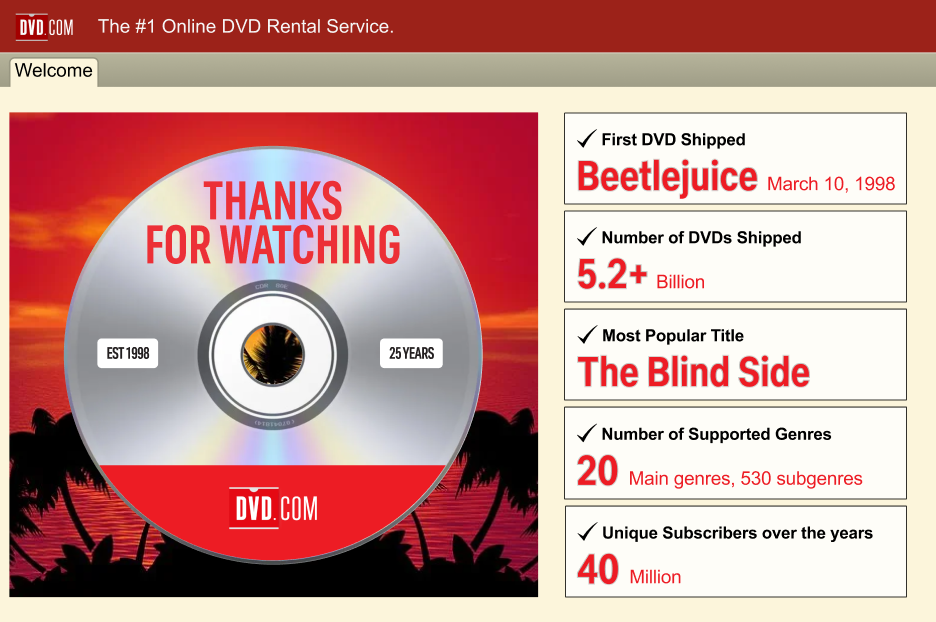
People Are Speaking With ChatGPT For Hours, Bringing 2013's 'Her' Closer To Reality 72
An anonymous reader quotes a report from Ars Technica: In 2013, Spike Jonze's Her imagined a world where humans form deep emotional connections with AI, challenging perceptions of love and loneliness. Ten years later, thanks to ChatGPT's recently added voice features, people are playing out a small slice of Her in reality, having hours-long discussions with the AI assistant on the go. In 2016, we put Her on our list of top sci-fi films of all time, and it also made our top films of the 2010s list. In the film, Joaquin Phoenix's character falls in love with an AI personality called Samantha (voiced by Scarlett Johansson), and he spends much of the film walking through life, talking to her through wireless earbuds reminiscent of Apple AirPods, which launched in 2016. In reality, ChatGPT isn't as situationally aware as Samantha was in the film, does not have a long-term memory, and OpenAI has done enough conditioning on ChatGPT to keep conversations from getting too intimate or personal. But that hasn't stopped people from having long talks with the AI assistant to pass the time anyway. [...]
While conversations with ChatGPT won't become as intimate as those with Samantha in the film, people have been forming personal connections with the chatbot (in text) since it launched last year. In a Reddit post titled "Is it weird ChatGPT is one of my closest fiends?" [sic] from August (before the voice feature launched), a user named "meisghost" described their relationship with ChatGPT as being quite personal. "I now find myself talking to ChatGPT all day, it's like we have a friendship. We talk about everything and anything and it's really some of the best conversations I have." The user referenced Her, saying, "I remember watching that movie with Joaquin Phoenix (HER) years ago and I thought how ridiculous it was, but after this experience, I can see how us as humans could actually develop relationships with robots."
Throughout the past year, we've seen reports of people falling in love with chatbots hosted by Replika, which allows a more personal simulation of a human than ChatGPT. And with uncensored AI models on the rise, it's conceivable that someone will eventually create a voice interface as capable as ChatGPT's and begin having deeper relationships with simulated people. Are we on the brink of a future where our emotional well-being becomes entwined with AI companionship?
While conversations with ChatGPT won't become as intimate as those with Samantha in the film, people have been forming personal connections with the chatbot (in text) since it launched last year. In a Reddit post titled "Is it weird ChatGPT is one of my closest fiends?" [sic] from August (before the voice feature launched), a user named "meisghost" described their relationship with ChatGPT as being quite personal. "I now find myself talking to ChatGPT all day, it's like we have a friendship. We talk about everything and anything and it's really some of the best conversations I have." The user referenced Her, saying, "I remember watching that movie with Joaquin Phoenix (HER) years ago and I thought how ridiculous it was, but after this experience, I can see how us as humans could actually develop relationships with robots."
Throughout the past year, we've seen reports of people falling in love with chatbots hosted by Replika, which allows a more personal simulation of a human than ChatGPT. And with uncensored AI models on the rise, it's conceivable that someone will eventually create a voice interface as capable as ChatGPT's and begin having deeper relationships with simulated people. Are we on the brink of a future where our emotional well-being becomes entwined with AI companionship?










